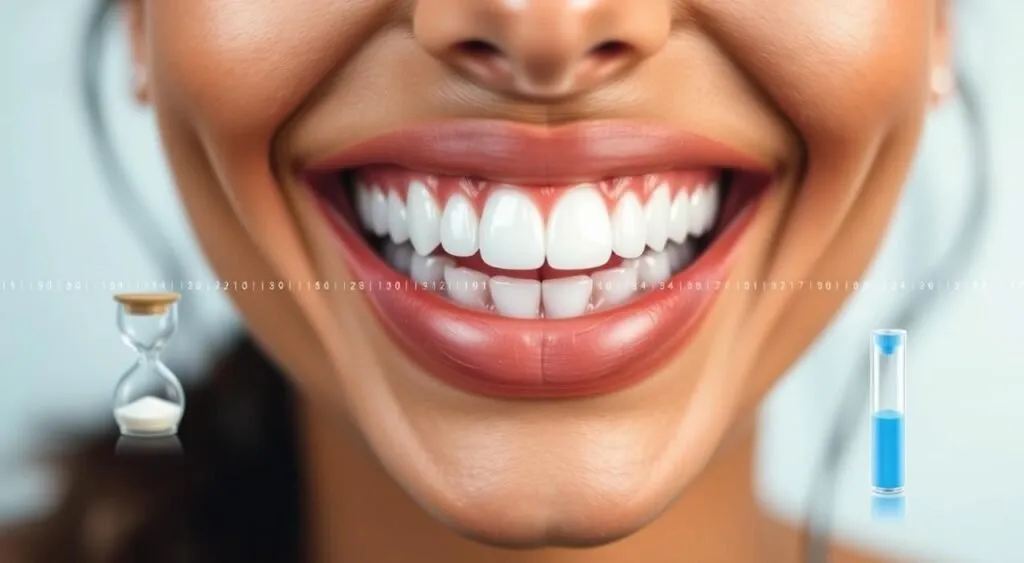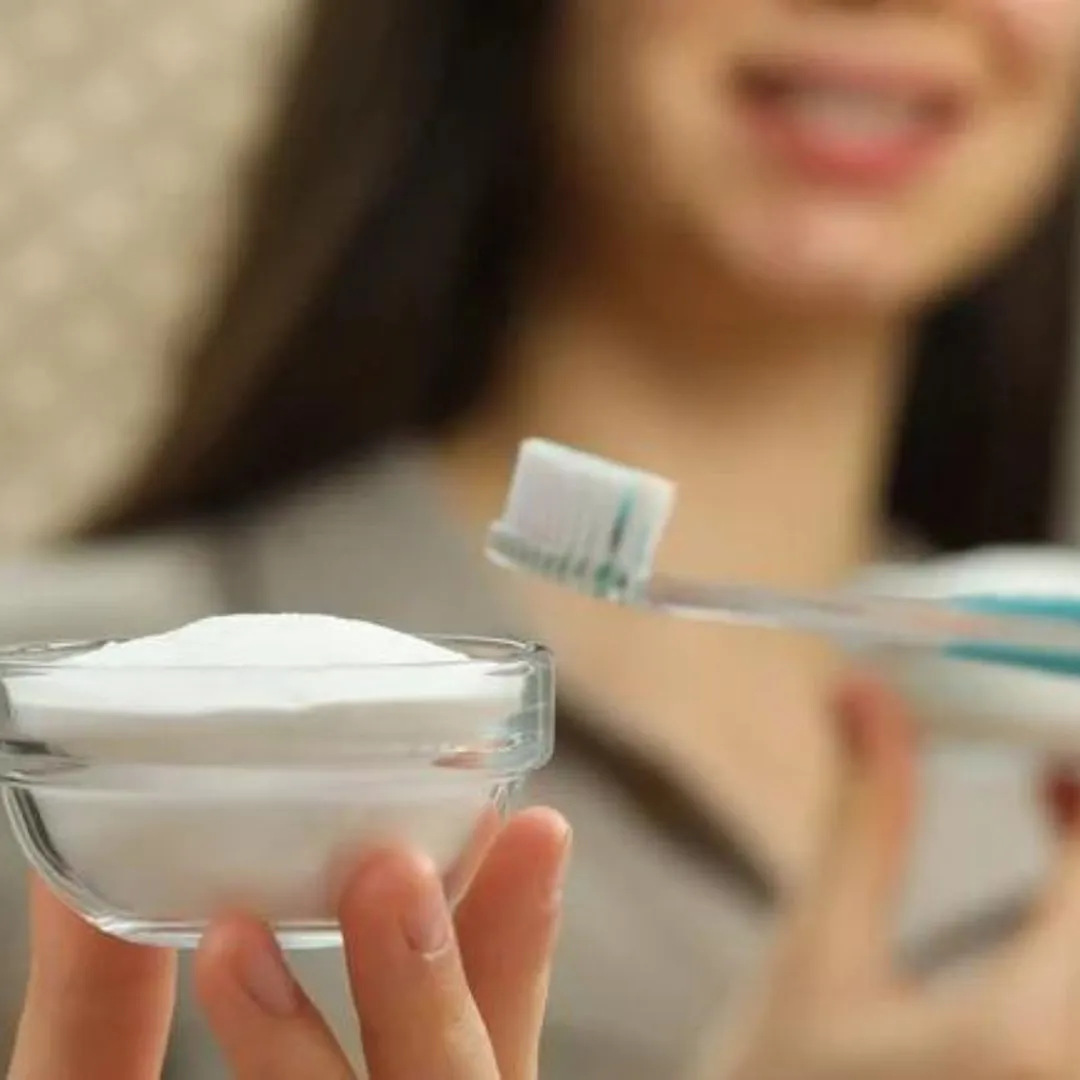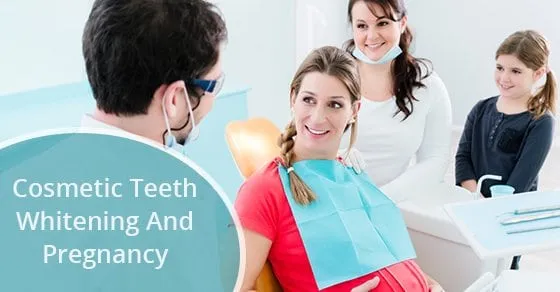Understanding Teeth Whitening During Pregnancy
Pregnancy brings about numerous changes in a woman’s body, and oral health is no exception. Hormonal shifts can increase the risk of gum inflammation and sensitivity. Many expectant mothers consider teeth whitening to maintain their smile’s brightness. However, it’s essential to approach this with caution, as the well-being of the developing baby is the top priority. This article will delve into the safety aspects of teeth whitening during pregnancy, offering guidance on making informed decisions. Understanding the potential risks and safer alternatives can help you maintain both a healthy smile and a healthy pregnancy.
Potential Risks of Teeth Whitening for Pregnant Women
The primary concern with teeth whitening during pregnancy revolves around the potential impact of the whitening agents on the developing fetus. While research specifically on this topic is limited, the precautionary principle suggests erring on the side of safety. The main active ingredients in most whitening products, such as hydrogen peroxide and carbamide peroxide, can be absorbed to some extent into the bloodstream. This raises questions about their effects on fetal development and overall health.
Impact of Whitening Agents on Fetal Development

The exact impact of teeth whitening agents on fetal development is not fully understood. Some studies suggest that high doses of peroxide can be harmful, potentially affecting the development of organs and tissues. The potential for these agents to cross the placenta and reach the fetus is a key concern. Therefore, until more conclusive research is available, it’s generally recommended to avoid or minimize exposure to these chemicals during pregnancy to protect the developing baby from potential harm. The effects of these chemicals are under review.
Absorption and Systemic Effects
Even if the whitening agents do not directly affect the fetus, there are concerns about their systemic effects on the mother. Some individuals may experience increased tooth sensitivity, gum irritation, or other oral discomforts. While these side effects might not directly harm the baby, they can still affect the mother’s overall well-being. Moreover, there is a risk of accidental ingestion of the whitening agents, particularly with at-home treatments. This increases the potential for adverse reactions, which underscores the need for careful consideration.
Safer Alternatives to Traditional Teeth Whitening
While traditional teeth whitening might not be the best option during pregnancy, there are safer alternatives available. These alternatives prioritize both the mother’s and the baby’s health. Consulting with your dentist is crucial for choosing the safest and most effective methods to maintain a bright smile. Regular dental check-ups and a focus on good oral hygiene practices can often achieve a noticeable improvement in the appearance of your teeth without resorting to potentially harmful chemicals.
Professional Dental Cleanings

Professional dental cleanings are an excellent way to maintain oral health and enhance the appearance of your teeth during pregnancy. A dental hygienist can remove surface stains and plaque buildup, which can improve the brightness of your smile. These cleanings are generally safe and recommended, as they primarily involve polishing and scaling the teeth. Your dentist or hygienist can also provide personalized advice on oral hygiene techniques and products that are suitable for pregnancy.
At-Home Whitening Options to Avoid
Many at-home whitening products, such as whitening strips, gels, and toothpastes, contain high concentrations of peroxide. It’s best to avoid these during pregnancy. These products might increase the risk of absorption and systemic effects. If you’re considering any at-home treatments, it’s essential to consult with your dentist first. They can evaluate the products and determine whether they are safe to use. Generally, milder methods or those without peroxide are preferred during this sensitive time.
Ingredients to Avoid During Pregnancy
Several ingredients found in teeth whitening products should be avoided during pregnancy. These ingredients have the potential to cause harm to the developing fetus. Always read the labels carefully and consult with your dentist or healthcare provider if you have any concerns. Making informed choices about the products you use during pregnancy is crucial. This ensures the health and safety of both you and your baby.
Hydrogen Peroxide Considerations

Hydrogen peroxide is a common bleaching agent in teeth whitening products. Its absorption through the gums and its potential impact on fetal development make it a concern during pregnancy. The concentration of hydrogen peroxide in whitening products varies, and higher concentrations pose a greater risk. While small amounts might be considered safe, it’s often recommended to avoid products with hydrogen peroxide altogether or to use them with extreme caution and under professional supervision. Talk to your dentist about peroxide percentages.
Carbamide Peroxide Risks
Carbamide peroxide breaks down into hydrogen peroxide and urea, making it another ingredient to be cautious about during pregnancy. The urea component can potentially be harmful, and its presence in whitening products raises concerns about fetal exposure. Similar to hydrogen peroxide, it’s often advised to avoid products containing carbamide peroxide or to consult with a dentist before use. Prioritizing the safety of the developing baby is essential. It is critical during pregnancy.
Consulting with Your Dentist
The best course of action when considering teeth whitening during pregnancy is to consult with your dentist. They can provide personalized advice based on your oral health and pregnancy status. They can assess your specific needs and recommend the safest options for maintaining a healthy and bright smile. Your dentist will be able to evaluate your current oral health. They will also consider any potential risks associated with teeth whitening. This evaluation ensures that any treatment is suitable for you.
Importance of Professional Advice

A dentist’s expertise is invaluable during pregnancy. They can offer insights into the safety of different whitening methods and recommend alternatives. They will also monitor your oral health throughout your pregnancy. Professional advice helps you make informed decisions. It also ensures that you maintain your oral health without compromising the well-being of your baby. Regular check-ups and consultations can also help identify and address any potential problems early.
Timing Your Teeth Whitening
If you are considering teeth whitening, it’s often best to postpone it until after your pregnancy and breastfeeding. This approach minimizes any potential risks. If whitening is absolutely necessary, your dentist might recommend milder treatments or alternative options. Discussing the timing of any dental procedures is a part of pre-natal care. It ensures that it aligns with your overall health plan and the well-being of your baby. Prioritize safety by postponing whitening until after you have given birth.
Postpartum Teeth Whitening Options
Once you have delivered your baby and completed breastfeeding, you will have more options for teeth whitening. At this stage, you can discuss a wider range of treatments with your dentist, including those that might have been contraindicated during pregnancy. It’s a good time to address any cosmetic concerns and explore the best ways to restore the brightness of your smile.
Breastfeeding Safety Considerations

If you are breastfeeding, it’s essential to consider the potential impact of teeth whitening agents on your baby. While the absorption of these agents into breast milk is generally considered low, it is still advisable to exercise caution. Consult with your dentist and healthcare provider about the safety of specific whitening treatments. Prioritize the health and well-being of your baby by choosing treatments that pose minimal risk. Discussing your options with professionals is important.
Other Cosmetic Dental Procedures
Besides teeth whitening, other cosmetic dental procedures should also be evaluated for safety during pregnancy. Procedures like veneers or bonding might be considered, but it’s essential to discuss these with your dentist. They can assess the potential risks and recommend the best course of action. Your dentist can determine which procedures are safest and most appropriate for you. They will take your health and your baby’s health into consideration. Always prioritize the health and safety of both you and your baby.
In conclusion, while teeth whitening during pregnancy may seem tempting, it’s crucial to prioritize the safety of your developing baby. Understanding the potential risks associated with whitening agents and exploring safer alternatives, such as professional dental cleanings, are key. Consulting with your dentist is paramount, as they can provide personalized advice and recommend the best course of action for maintaining a healthy and bright smile. Postponing teeth whitening until after pregnancy and breastfeeding often provides the safest option, ensuring the well-being of both mother and child. Remember to always discuss any dental procedures with your dentist. Pregnancy is a special time, and your dental care should reflect your unique needs and priorities.
